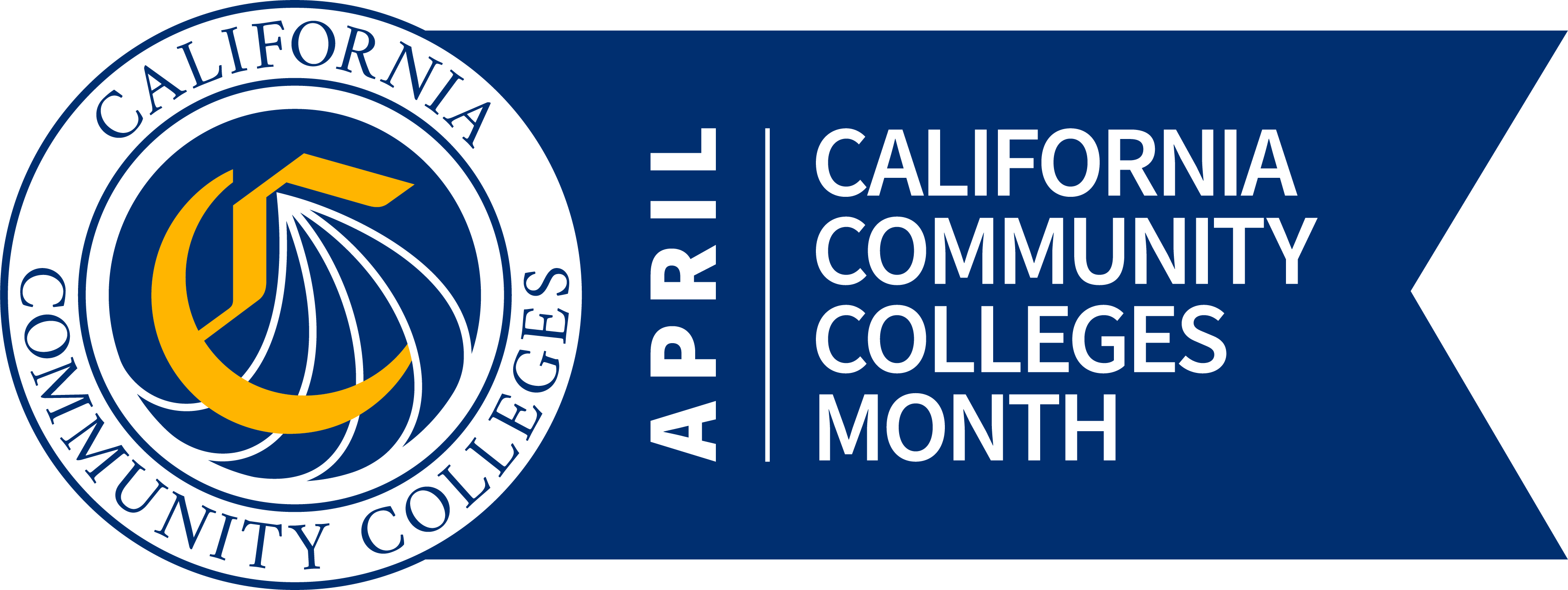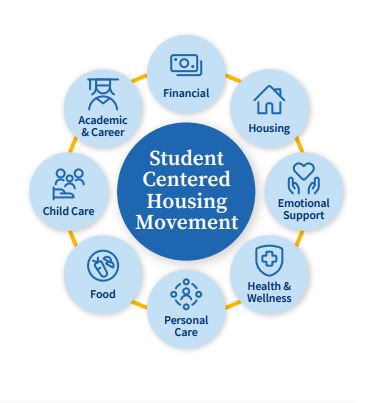Background
As part of the 2021-22 California Budget package, the Postsecondary Education Trailer Bill, Senate Bill 169 (2021), established the Higher Education Student Housing and Capacity Expansion Grant Program and codified it in California Education Code sections 17200-17203.5. California Community Colleges refer to the Higher Education Student Housing program as the Affordable Student Housing Grant Program. This program provides California Community Colleges the opportunity to apply for student housing grants over a three-year period with three rounds of grant awards.
Round One Planning and Construction Grants – Funded in the 2022-23 CA Budget
In Round One, the California Department of Finance (DOF) served as the administrative entity for the Affordable Student Housing Grant Program, and they requested that districts submit planning and Construction Grant applications by October 2021. The DOF subsequently reviewed these applications, and they selected 12 Construction Grants and 70 Planning Grants to be awarded state funding in the 2022-23 California Budget Act package. These grants were awarded in the Higher Education Trailer Bill, Assembly Bill 183 (2022) and Assembly Bill 190 (2022). Additionally, Assembly Bill 183 transferred the administration of the Affordable Student Housing Grant Program from the DOF to the Chancellor’s Office.
Round Two Construction Grants – Proposed for the 2023-24 CA Budget
In Round Two, the Chancellor’s Office received Affordable Student Housing Construction Grant applications on January 31, 2023. The required application documents and additional information about Round Two applications can be found below. These applications were evaluated using the Affordable Student Housing Scoring Rubric, which is based on the prescribed ranking and scoring metrics from SB 169 and AB 183 as well as administrative entity metrics that were developed by the Affordable Student Housing Taskforce. The Chancellor’s Office provided their evaluation of Round Two Construction Grant applications to California Legislature, which has final authority over selection of applications and may include appropriations for successful applicants in the 2023-24 California Budget Act.
Round Three Construction Grants – Proposed for the 2024-25 CA Budget
Currently, the application period for Round Three Affordable Student Housing Construction Grants is open. These applications will be submitted in the newly developed Student Housing module in the statewide online facilities planning tool, Facilities Utilization, Space Inventory Option Net (FUSION).
Information and documents for the three rounds of Affordable Student Housing Grant applications may be found below.
-
Student Housing Legislative Brief
Affordable Student Housing at California Community Colleges is Essential to Student Success.
California is experiencing a critical shortage of affordable housing, forcing millions of students to decide between paying for education or providing food and shelter for themselves and their families.
Resources
- FY 2023-24 Affordable Student Housing Project List and Scores (PDF)
- Student Housing Application Process Memo (PDF)
- DF-151 COBCP Student Housing Grant (PDF)
- CCC Student Housing Grant – Supplemental Application (PDF)
- Student Housing Template (EXCEL)
- CCC ASH Total Cost of Ownership Calculator (EXCEL)
- ASH Student Housing Scoring Rubric (PDF)
- Round 1 & 2 Projects College Map (PDF)
- ASH 23-01 - Scheduled Maintenance for Affordable Student Housing Facilities - Guidance on Changes to Title 5 of the California Code of Regulations (PDF)
- Affordable Student Housing FAQ: Amended 2023 Budget Act and Higher Education Trailer Bill (PDF)
- California Community Colleges Affordable Student Housing Program Construction Project Change Request Form (PDF)
- CCC Affordable Student Housing Movement Update (PDF)
- 2023 Annual Report: Affordable Student Housing Construction Grant (PDF)
- California Education Code §§ 17200 - 17204
- SB 169 (2021) – Higher Education Student Housing Grant Program Bill Language
- AB 183 (2022) – Higher Education Trailer Bill Language
- AB 190 (2022) – Higher Education Trailer Bill Language
- California Community College Student Housing Coalition Letter (dated 4-12-2022) on CCC Construction Grant and CCC Planning Grant Funding (PDF)
- Legislative Analyst's Office (LAO) Analysis of Student Housing within the 2022-23 Budget (PDF)


